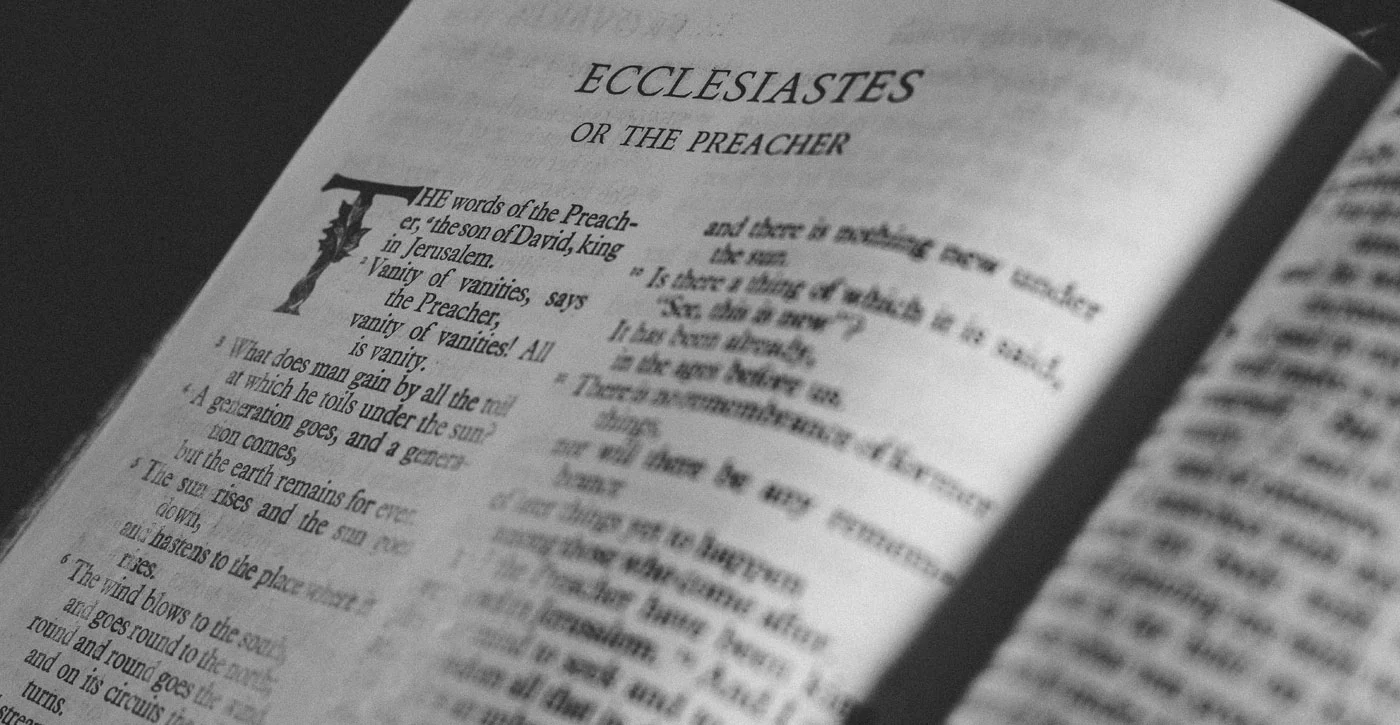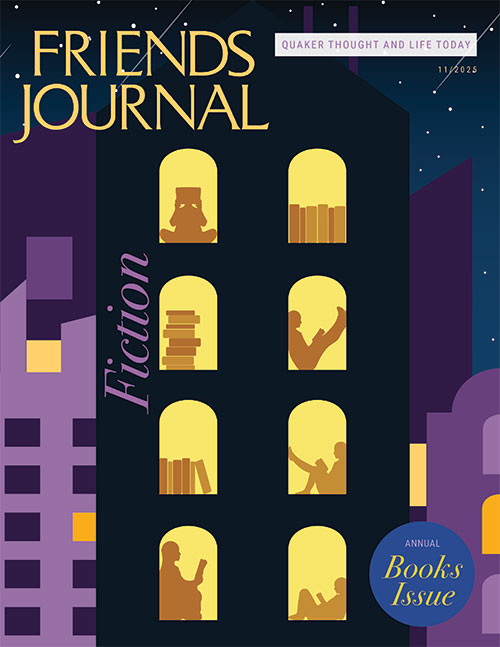Simon’s mobile sounded as he finished breakfast. His wife answered, “Lambert residence, June speaking. Oh, hello Mrs. Thompson. Yes, I am letting him out today. Religious Studies, is it? Mrs. Simpson’s in hospital? Oh, I’m so sorry to hear that. Well, he’ll probably have something in the locker. I’ll get him dressed and in his right mind and bring him along.” To Simon, “I’d better polish your halo. Maybe what you did with Children’s Meeting on Sunday would be useful?”
“Good idea. Noah’s Ark. I hope there’s nothing wrong about Doreen Simpson’s baby. Anyway, I’ll raid the filing cabinet, while you get the car out.”
Simon liked the academy he was booked for, because Mrs. Thompson always had his timetable, class lists, and room numbers ready. She said there was no further news of Mrs. Simpson, and warned him to watch out for Shirella Shea, who tested supply teachers to destruction, especially male ones.
The first lesson was with some year sevens, with whom he’d had a math lesson last week. He asked them if they knew the story of Noah’s Ark. They mostly did, and he said he’d read it to them in the old-fashioned version. After that, he’d like to know what they thought about it.
There were plenty of ideas and questions. Jake pointed out it was only land animals that got saved, and what about the newts and beetles? Finbar wondered how many animals it came to, and how did Noah have enough food for them all? Anita said they must all have been vegan like her, or the meat eaters would have gobbled up all the others. Hannah said it would probably happen again soon anyway, because of climate change. Simon drew attention to the rainbow, and God’s promise it wouldn’t happen again. Angela said the flood was God’s punishment for people being wicked, and people hadn’t stopped being wicked, as shown by all the killing that was going on in Ukraine and Gaza. Hannah said, yes, and it was people making climate change, not God, so if it happened again, it was our own fault, and we’d be punished sure enough.
Satisfied that lesson had gone all right, and a bit like a Quaker discussion, Simon headed to the next. He anticipated these year tens would likely be more challenging. He stood in front of the teacher’s desk, told them he was Mr. Lambert and waited for them to settle. Before he could begin, the door banged open and a large girl strode in, stood close against him, and crooned into his ear, “I’m Shirella Shea.”
Simon stepped away from her, offered his hand and said, “How do you do? I’m Simon Lambert. Please be on time in future, and give out these on your way to your seat.” He gave her the pile of duplicated papers from the desk.
“Do we call you Simon, then?” she asked.
“Call me Mr. Lambert, or sir.”
“Okay, Mr. Lambert,” she said, moving away to distribute the sheets.
“Right,” Simon said. “You know my name now, though I recognize most of you from other lessons. Anyone who hasn’t seen me before please give your name when you speak. Now, on that paper, you’ll find passages from a book in the Bible called Ecclesiastes. It’s like a lesson or sermon. And I’d like to know what you think about what the teacher or preacher is saying after I’ve read passages from it in the first official English translation.”
There was a short silence while they glanced down at the document. Then Henry asked, “Did Mrs. Simpson say to do this?”
Shirella Shea, lounging in a chair in the front row, said, “We’ve got to call him Mr. Lambert.”
“Thank you, Shirella. Mrs. Simpson is in hospital, I’m afraid, and couldn’t let anyone know what she’d planned for today.”
“She hasn’t shown us this stuff in the Bible,” Liam observed.
“Well, I don’t think it’ll do you much harm,” Simon said.
“Why do you want us to read it?” Julie asked.
“Because I think it’s relevant to the subject, and I want to know what you think it’s telling us and whether it’s useful advice.”
Terry said, “I thought teachers were supposed to tell us, not ask us what we think.”
“I don’t see it like that,” Simon said. “We’re supposed to introduce you to facts and ideas, but it’s up to you to work out what you think about them; otherwise you’re just repeating our ideas. So, please, follow while I read the first excerpt: ‘Whatsoever thy hand findeth to do, do it with might, for there is no work, nor device, nor knowledge, nor wisdom in the grave whither thou goest.’”
Henry said, “Mrs. Simpson’s always going on about the Bible and Jesus, but we haven’t done this stuff before. Are you sure it’s on the syllabus?”
“I haven’t seen that yet,” Simon said. “So I chose something I’ve found helpful myself.”
There was another short silence. Then Tony said, “You’ve got to do everything as hard as you can because you’re going to die. I don’t think that’s a good reason to work hard.”
Tanya said, “What about if your hand finds a gun; does that mean you should shoot as many people as you can?”
“Yeah,” Carl added. “Letting your hand find things to do is a bit chancy.”
Simon said, “Better if you do everything intentionally, then?”
A girl who said she was Danielle said, “So, you told your hand to choose this book for this lesson, because it was a good idea?”
“Correct,” Simon said.
“Why did you think it was a good idea?” Danielle continued.
“I wanted to know what you thought about it.”
“He’s not a proper teacher,” Tony said. “He’s a supply teacher. He just fills in when a proper teacher’s away.”
“I am a proper teacher,” Simon said quietly. “Twenty-seven years a history teacher, before COVID, and it’s taking me a while to get fully fit again.”
“You can’t make it every day?” Caroline suggested.
“My wife decides whether I’m up to it.”
There was a change of atmosphere, and a silence. He sensed their sympathy, wondered if he should have been so revealing about himself, and recalled that Quakers tell the truth. He felt unsteady on his feet and sat on the edge of the teacher’s desk. He covered the moment of weakness by saying, “All right, this is telling us to do anything we do as well as we can, but it also says, ‘Vanity of vanities, says the preacher, vanity of vanities, All is vanity. What does man gain by all the toil he toils under the sun?’”
“Well, that contradicts what it’s just said, because now it says everything’s pointless, if that’s what ‘vanities’ means,” Jake said.
“Exactly,” Simon said. “But he doesn’t stop there. He goes on and on about the pointlessness, thank you Jake, and gets to ‘For in much wisdom is much grief: and he that increaseth knowledge increaseth sorrow.’ Not much point in going to school, then, if what you learn just makes you sad.”
“What’s the point of reading this book, then?” Tanya asked.
“Key question,” Simon said. “And the reason for the preacher’s giving this lesson is given clearly later. That’s the third extract: ‘Fear God and keep his commandments, for that is the duty of all of mankind. Since every deed will God bring to judgment, for every hidden act, whether good or evil.’”
“So,” Danielle asked, “is he saying that if we fear God and keep his commandments, everything will be great, and not pointless after all?”
‘“Always gets back to Jesus or God,” Tony said. “Do you believe in God?”
“Depends what you mean by God,” Simon said. “Do you believe in God?”
“I believe in the Devil,” Jake said. “That’s what’s causing all the wars and global warming. If there was a God we believed in, we wouldn’t be doing all that.”
“What kind of God do you believe in?” Caroline asked. “Do you go to church?”
“I go to what we call ‘meeting for worship,’” Simon said, launching into more personal information, thinking it might extend their knowledge—without making them sad—to learn about Quakers.
“What do you do?” Caroline went on.
“We sit in circles in silence and wait for what messages, insights, ideas come to us from what some of us call ‘God’ and others, like me, call ‘the Spirit.’”
“Does it work?” Luke asked.
“Why don’t we try it?” Simon suggested. “What you do is sit in silence, trying not to think about what’s for lunch or what you want to do this evening, and open your mind to receive anything that comes to you. Are you ready to try it?”
“Can’t do us much harm,” Jake said. “Like he said about that book.”
No one objected, so Simon said, “It sometimes helps to have some idea to start with. Please look at the last passage from Ecclesiastes on that paper. It says, in effect, that if you fear God and keep his commandments, it’ll be different: ‘And also that every man should eat and drink, and enjoy the good of all his labour, it is the gift of God.’ Now, if anyone feels moved to speak, then speak, and everyone else just listen.”
Rather to his surprise, everyone fell silent, though he was not sanguine about how long they might stay that way. After a few minutes, a girl he didn’t know and who hadn’t yet spoken, said quietly, “That book’s right. We need to keep God’s commandments. That’s what we say in my church, anyway.”
Further surprising him, no one reacted to this contribution, which he considered, indeed, ministry. The silence continued until the door opened. Mrs. Simpson entered quietly, smiling and nodding to Simon.
Shirella Shea erupted out of her seat, rushed forward, and put an arm around the clearly pregnant teacher. She said, “Oh, you’re all right. Are you all right?”
“Thank you, Shirella. Yes, it was a false alarm. It was very quiet in here. Mr. Lambert must have stunned you.”
“We were having a Quaker meeting,” Simon said.” ‘We’ve been looking at Ecclesiastes a little.”
“Oh, I love that,” Mrs. Simpson said. “‘To everything there is a season, and a time for every purpose under heaven: a time to be born and a time to die, a time to plant and a time to uproot.’ Fortunately, it was not, after all, the season for a certain person hereabouts to be born, so I’m back, and Mr. Lambert’s wife is outside with the car, because her purpose is to take him home.”
Simon said, “Well, thank you, and I’ll uproot myself and go, pausing only to quote more Ecclesiastes: ‘Live joyfully with the wife whom you love all the days of your vain life which He hath given you under the sun, all the days of your life of vanity: for that is your portion in life, and in the labour which you perform under the sun.’”
“And the labour he performs under the sun is teaching you lot,” Mrs. Simpson added.
Shirella transferred her attention to Simon, saying, “Come back when you’re better, Simon Lambert.” He smiled, held up his hand to prevent the intended embrace, and left.
“He won’t be able to come back if you manhandle—well, ‘girlhandle’—him,” Mrs. Simpson said, “because he’ll be dismissed. Now, what did you learn from Ecclesiastes? We’re still in the Quaker meeting. Don’t answer at once. Be silent, and think before you speak.”




Comments on Friendsjournal.org may be used in the Forum of the print magazine and may be edited for length and clarity.